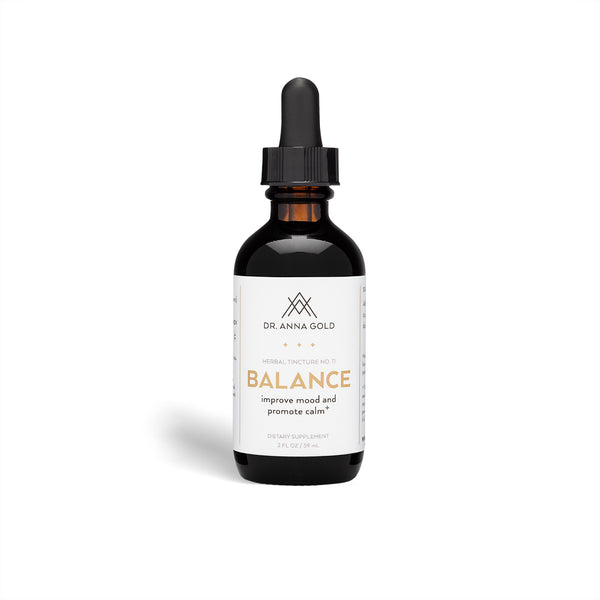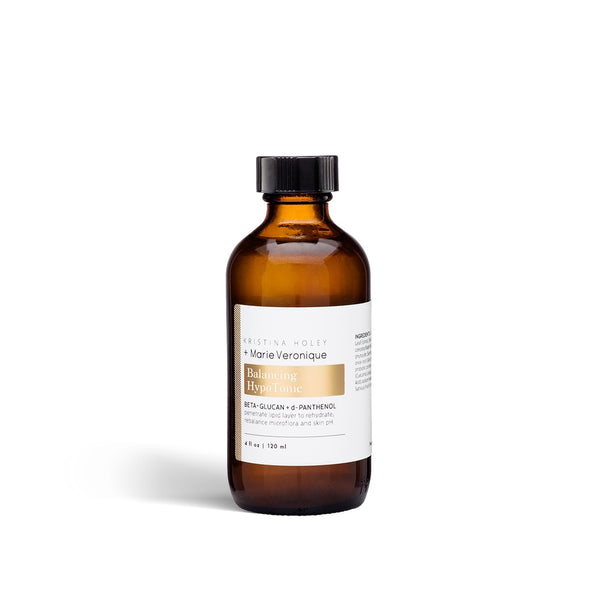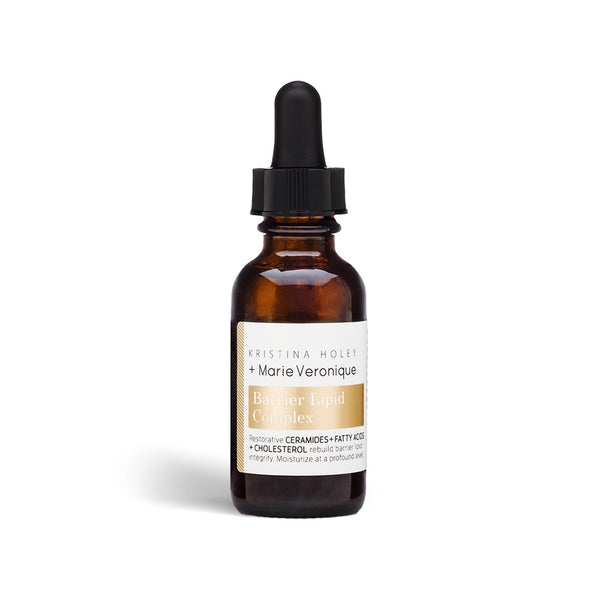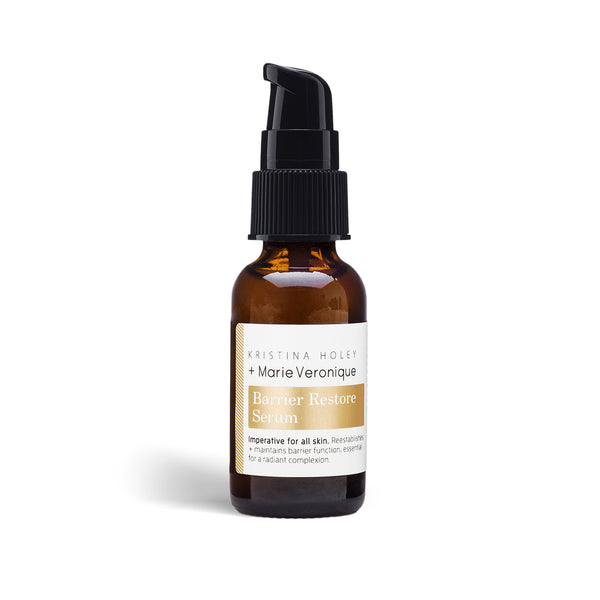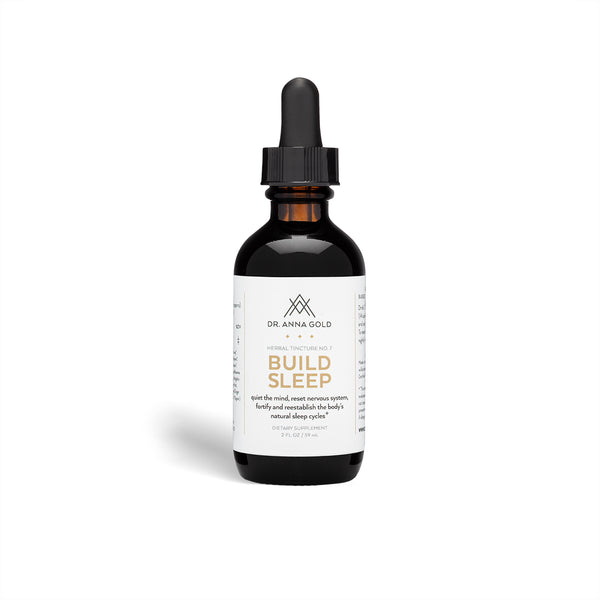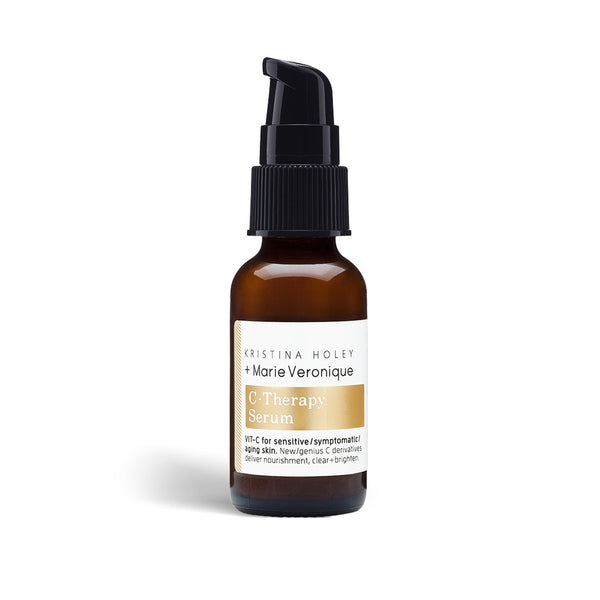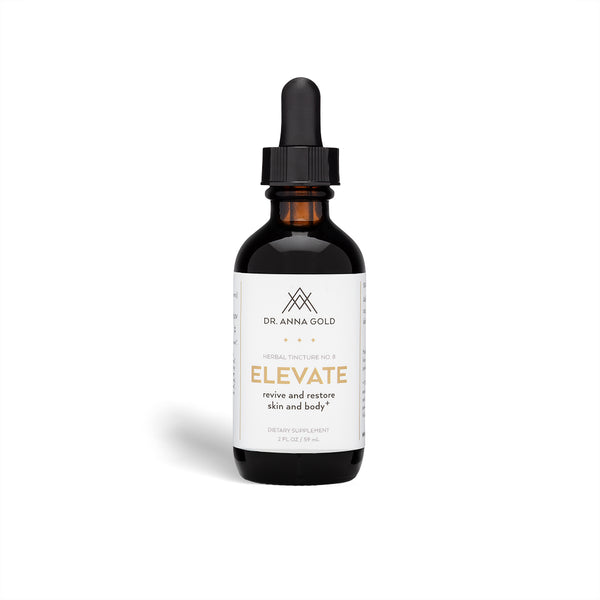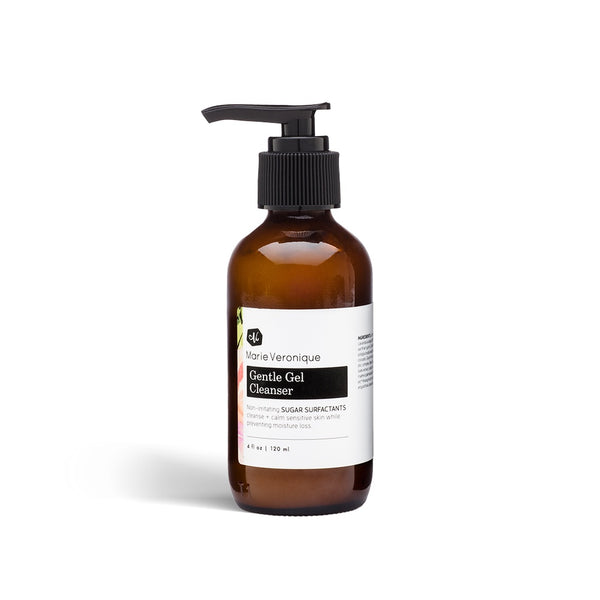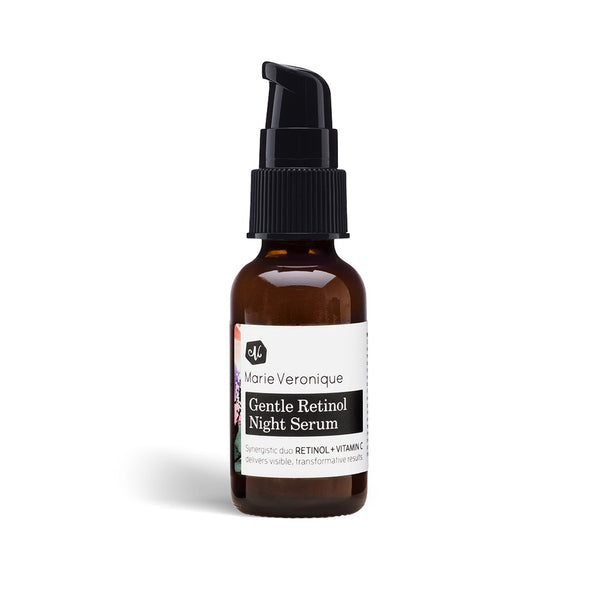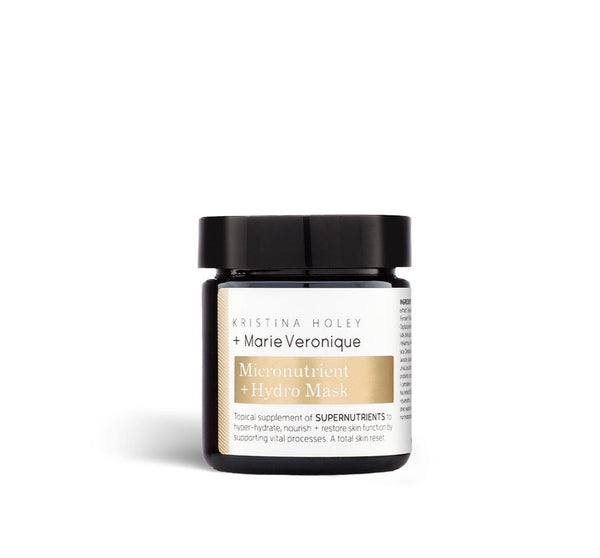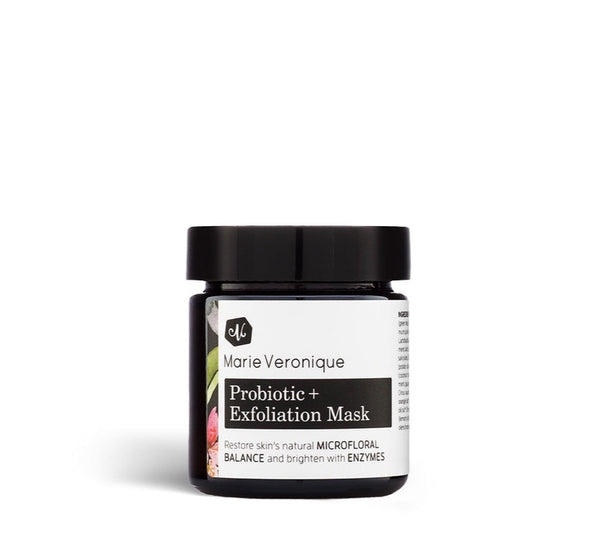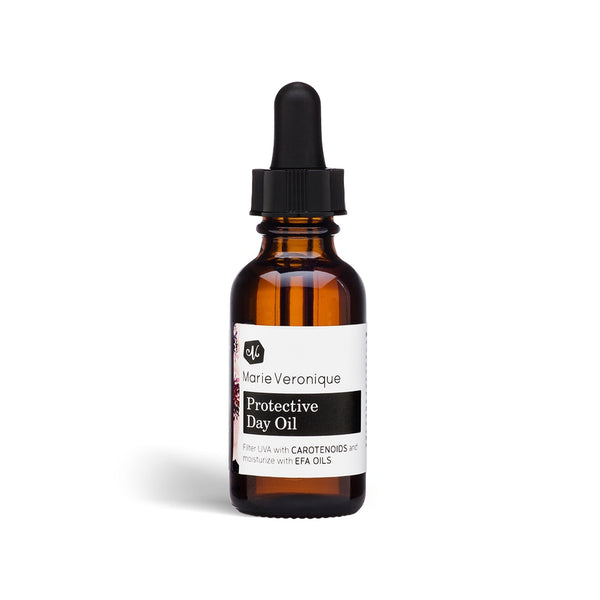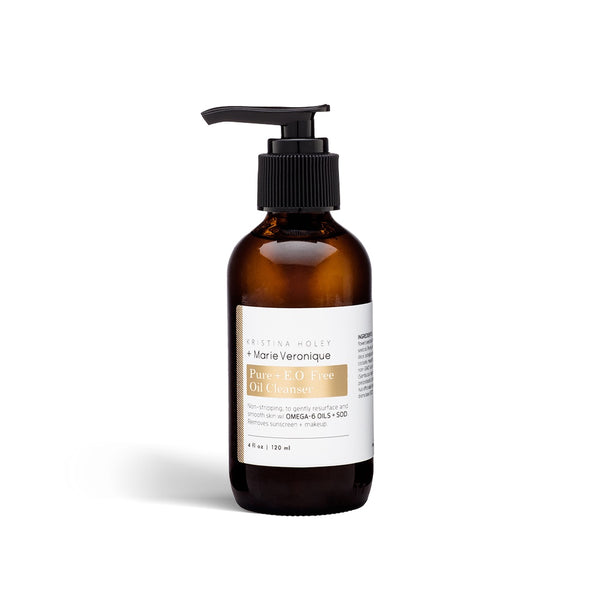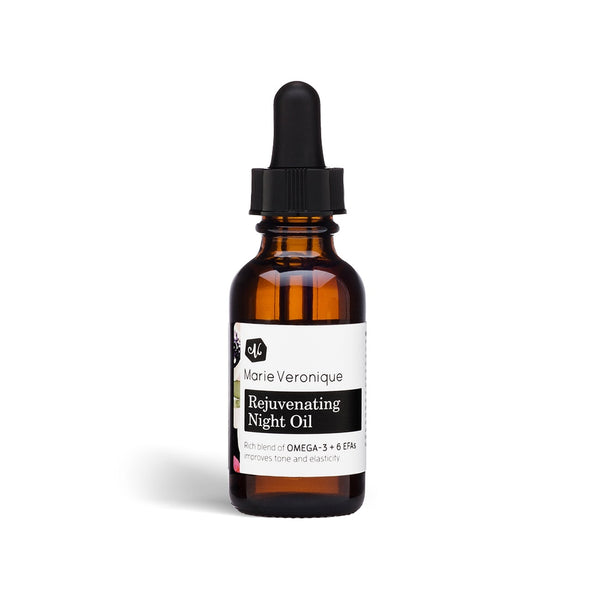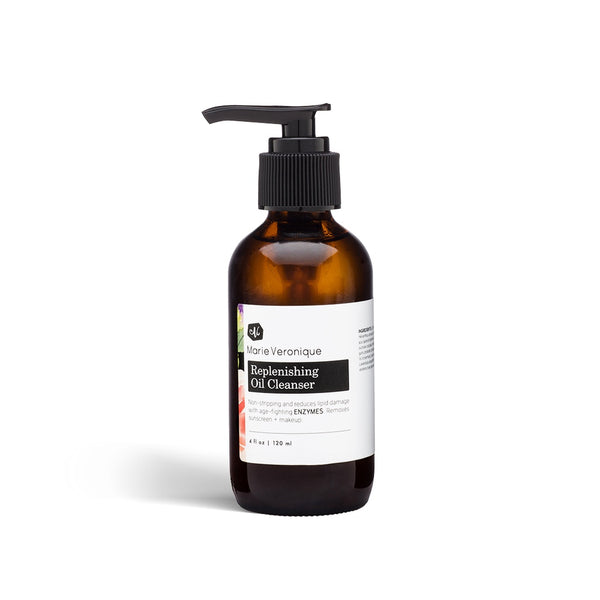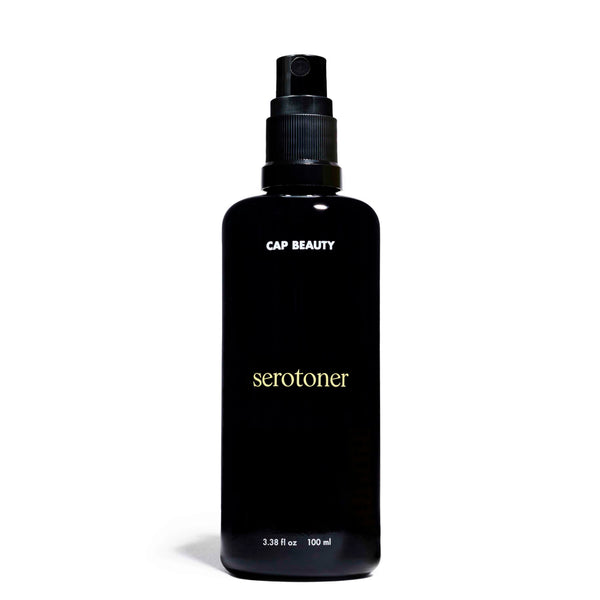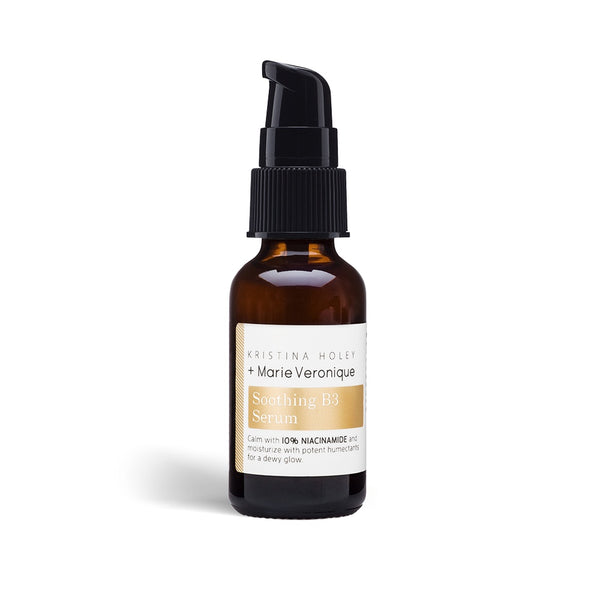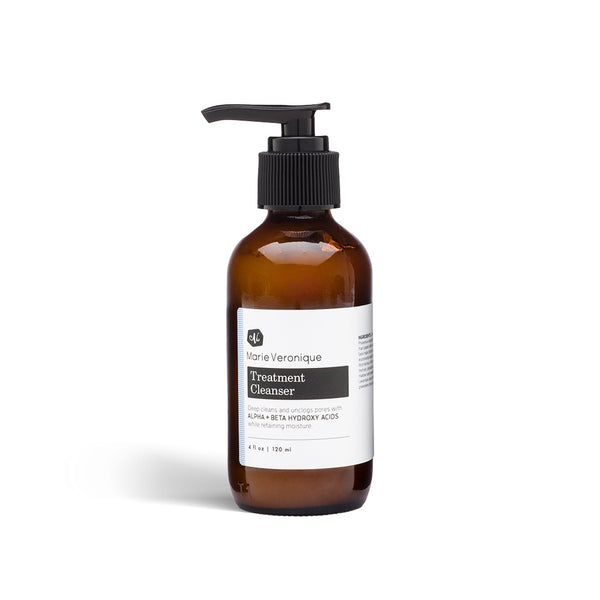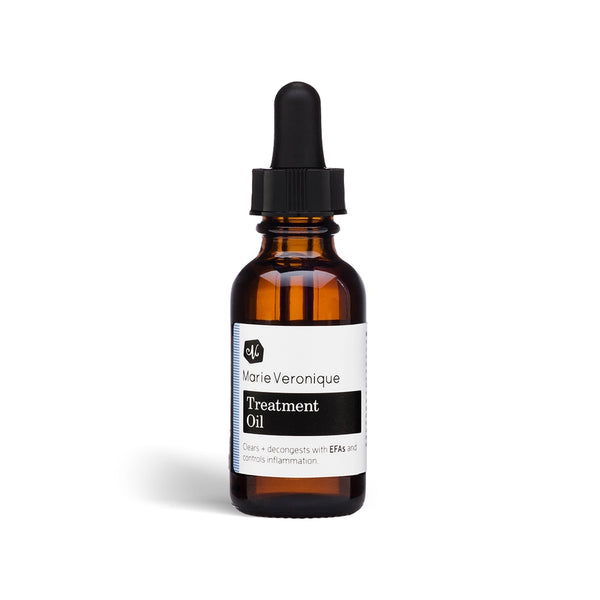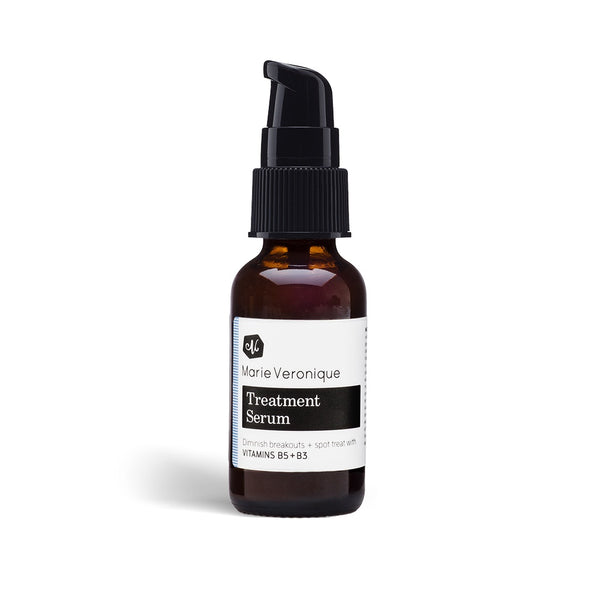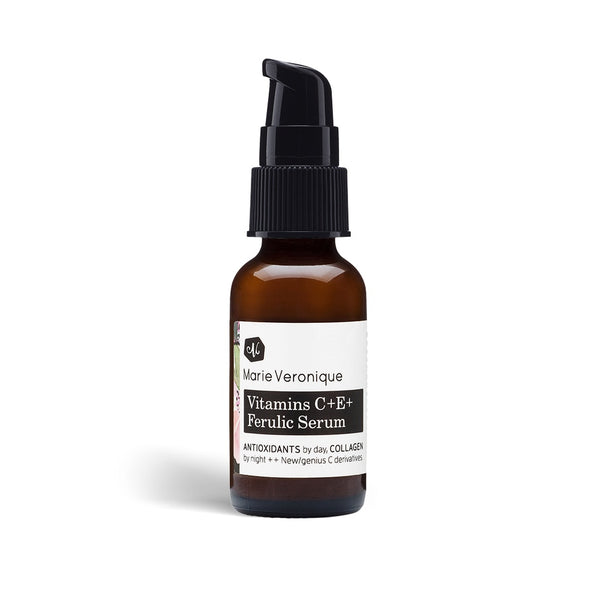Kerrilynn (KLP): You're both experts in constitutional imbalances and how they express themselves in the skin. How do you see these imbalances impacting our skin health?
Anna Gold (AG): Well, I personally interpret the skin from a TCM (traditional Chinese Medicine) point of view and of course, the skin in East Asian medicine has a lot to do with the quality of our blood. And blood in Chinese medicine has a lot to do with our circulatory functions and bringing nutrients to the surface of the skin. But it is also related to our hormones, our menstrual cycles and our shen or spirit as well. Also, the gut and blood in Chinese medicine is fed partially from the food that we eat and so the health of our digestion is always a factor in skin health.
KLP: Do you have the ability to assess or analyze what's happening with the body just by looking at their skin?
AG: Oh absolutely! Because our skin is the major organ that we can see outside of our body and in Chinese Medicine, we're always looking for a balance of heat and cold, dry and damp. Skin issues are all pathogens that are related to specific organs and functions and so if somebody comes in with rosacea let's say, we can see from the different types of redness that rosacea can manifest as an excess heat or a deficiency heat depending on whether there's an underlying blood deficiency or whether it's really just from an expression of excess emotions. So, depending on the color of the of the breakouts or the eczema, we call it the redness, we can definitely extrapolate what imbalances are likely going on inside.
Kristina Holey (KH): Pretty much everything kind of goes back to bacteria for me. That is kind of the ultimate regulator of skin function in my brain. So, I think the thing with looking at skin from the inside-out is that the skin is so so complex and when you're dealing with any unwanted skin conditions, you have to look at the skin as a system. When you're looking to heal the skin, you can't just say I'm going to focus on the internal body and you also can't just put the focus on products. You have to look at the skin externally and internally all at once and think about what variables you can control. And I think the thing that is really important for me to get across when working with clients who are symptomatic is that number one, the body and skin really want to heal. Its first priority is to function optimally and heal. You can have the most damaged skin and it will heal. It's amazing. And in order for that to happen, you just need to provide the body with a base of what it needs to do its job. However, for some reason I think that the focus ends up being on these more superficial details that influence it like our reproductive hormones for example. Yes, they're strong influencers, but I see them as indirect influencers rather than foundation controllers. And it's a lot harder to influence our hormones than it is to influence some of these foundational systems like sleep, stress and nutrition. Those are the building blocks of having a really healthy system that knows how to function.
AG: And I think it it has become maybe more tangible to blame skin symptoms on hormones for instance, but I have never worked with anyone who has had that as the root cause of their skin issues. I know we toss around the word inflammation a little bit too literally. But when you give the body a foundation of health, the body actually really wants to be in homeostasis and all of these imbalances start to right themselves. When you give the body whole foods, different types of good fats and when you sleep it corrects.
KLP: What would you say are your foundational pillars?
KH: The nervous system for sure. Stress is such a big one. I'll work with someone who's super symptomatic and they'll be so focusing so much on diet and gut. But without proper sleep and stress reduction, we won't see results. So I think the pillars for me would be: nervous system, sleep, movement and digestion. From there, we can get into more details like the pathways of elimination and detox, emotions, hormones and all the different mechanisms of the body. But when I see people who want to immediately change their diet, I say, well that is easy but you actually need to address your stress, which tends to be a lot harder for people.
KLP: You used to say that to me and I found it very frustrating! I wanted you to give me something really tangible, like a checklist, because I knew I could follow that. But working on my stress felt so intangible that I had a really hard time with it. But I knew you were right! I do have to say that my skin has transformed since my stress levels have changed.
KH: When we think about the skin and how it operates, so much comes down to our immune system because the skin's primary job is to protect our internal body. That's what this barrier layer is for, it is to create a boundary so that invading pathogens and viruses and pollen and dust and dander stay out of the body. When we don't support healthy skin, we create a very vulnerable internal body and now we have an immune system that has to be tapped-in all day long and that then results in a hyper-stimulated immune system and an unhealthy internal body. And an unhealthy internal body results in unhealthy skin and so it's just kind of this vicious spiral.
KLP: I feel like I've dealt with that a lot with my celiac. Kristina knows my skin and health journey really well and intimately, and now that I have a much looser and less restrictive diet my skin has never felt or looked better. I was never able to go into bakeries because of the flour in the air, but now I can go in with no negative effects. I'm not eating the baked goods, but I can be in the presence of gluten and feel fine and my skin doesn't react. My goal, what I see as health, is the ability to be resilient. And Kristina, you were really beneficial in moving me in that direction.
KH: One thing I think is really interesting which I don't think a lot of people know is that it is much more common for the skin’s improper functioning to result in a food allergy than a food allergy to result in improper functioning skin.
KLP: Wow. Can you explain that a bit more.
KH: Improper skin functioning is more likely to result in a food allergy as opposed to a food allergy causing a skin problem. So we all know the word leaky gut, right? So there is leaky skin too. If you don't have a very strong protective skin barrier then food chemicals, particles, pollen, chemicals in our sunscreen or anything else in our environment is not blocked from our internal body. The epidermis becomes loosened and chemicals enter our bloodstream and that's where it meets the immune system and then the immune system says — "oh my gosh, this is an invader, this isn't supposed to be here." The inflammatory system gets set off and then you are sensitized and can become allergic to gluten (or something else) because of a weak skin barrier. That is one route. Obviously, your gut is another route.
KLP: That is so fascinating. I'm curious if there are foods that we should actually stay away from, or alternatively, are there foods we think we need to stay away from that we actually don't need to?
KH: Lean away from sugar, refined carbohydrates and I know this is not going to be a popular answer, but excess alcohol because that is also sugar. I mean I think food is one of the hardest things to talk about because it's very individual. We need a broad spectrum of foods, we need a lot of antioxidants, we need a lot of vitamins and minerals and we need to digest them well. But, if you have persistent acne, dairy will stimulate something called an MTOR pathway which stimulates the skin and will make your likeness of having a breakout very high for pretty much everyone. And it doesn't matter if it's cow or sheep or goat; all dairy stimulates the skin. Whether or not it will result in a breakout has to do with the levels of inflammation in your body. If you have higher levels of inflammation, dairy will probably make you break out. But if you have a healthy gut, it probably won't make you break out. I like to use the analogy of a bucket. When the bucket gets too full, we tend to manifest symptoms. If you have a couple glasses of wine and your bucket is empty, you’re not going to experience symptoms. But I would also like to say, in my experience working with people I care less about avoiding what is bad and more about introducing what is good. People can also be very restricted and lacking in diversity which I think can harm you because you need variety. That's why I think everyone needs to find the diet that works for them and that makes them feel good. Like Kerrilynn, I know how you eat so beautifully.
KLP: Thank you. I eat differently now than how I used to eat and when I broadened my food horizons and introduced more diversity I felt the change.
AG: I think that across the board you can say stay away from packaged foods because they are full of binders, hidden sugars and hidden corn products. Stick to foods that, as they say, your grandmother would recognize. When Kristina and I work together, we find a lot of clients who think that they're eating healthy, but their diets are so restrictive. What we're looking for is someone who can actually broaden their diets, find more balance and explore a less restrictive way of eating. Ultimately, we do have to look at people's constitutional deficiencies and excesses.
KLP: Because the skin and diet can be connected to an aesthetic pursuit of beauty it can be challenging to find a base level of health. I can speak for myself here, in that I started following a certain diet because I wanted a certain result, both physical and emotional. But it was incredibly restrictive, and didn't allow much diversity. Kristina encouraged me to broaden the way I ate but I stuck to my diet because I thought it was guiding me towards where I wanted to be. And even with so much admiration and respect for Kristina's research and knowledge it took me a long time to get there. Why is this so hard?
KH: Because if you look at what we're seeing in research, where people take the Mediterranean diet and put it up on a pedestal because they say, people who eat this way are living to be 100 years old and they're so healthy. But you can't replicate that here. The Mediterranean diet makes people live to 100 years old because of so many other factors: the soil, the nutrients in the soil, what the animals are eating… And so it's like the food picture has gotten complicated because of the world we live in. But yes, you do have to pay specific attention to make sure you're getting enough fiber and antioxidants because if you don't, you probably aren't and that is going to have a big impact on your skin
AG: And an easy rule a thumb, from a Chinese medicine perspective, is to eat all the different colors of the rainbow in a given day.
KLP: Yes! That is such a good north star. And I love how that it is also so aesthetically pleasing. My next question is about the skin barrier. I know both of you know a lot about skin barrier function. Could you explain what the skin barrier function is, why it’s important, what helps maintain it and what degrades it?
KH: I'll start, then Anna you can jump in. I think what's important to know is what I said earlier about the skin being the protector for your internal body. It protects you against viruses and so many other things. What is so cool about these barriers in our body (we have barriers in our gut and on our skin) is that they are designed to function really really well. They have a built in regeneration process and also they have a waste removal process which can become stimulated or shut down. The bacteria that exists in the barrier of the skin are incredibly important and we're really here to serve them because they're running the show completely. When you allow for a diversity of bacteria, a diverse microbiome I should say, then these bacteria will create a strong barrier. When we eradicate these very specific important species by using harsh chemicals or not getting out in nature, the system starts to fail and shut down and that is why it is so important. I talk about the dangers of using preservatives topically all the time because its the same thing as eating preservatives in your diet. They kill our diversity and we need this diversity for all these components to work. And we can't try to manipulate it because when we do this, the system falls apart. We can’t use antibiotics topically and apply heavily preserved products all day long and then add a probiotic and think that’s fine. Every single part has to be in place for the bacteria to come in and be able to thrive. We have to take into consideration the whole system and all the different components.
KLP: What role do preservatives play in this? How do they contribute to the barrier's degradation?
KH: Preservatives are wonderful in that they allow us to have bottles on the shelf right? But they will also kill a lot of the species on our skin and cause problems in the long run. So then what you get over time is a microbiome that is lacking in diversity but very strong in some of those hyper-intelligent pathogens that have figured out a way to survive with the preservatives. But the more delicate really beneficial species are gone forever and so then we have a vulnerable system. You're more likely to have break-outs or other inflammatory conditions on the skin if you use a lot of preservatives.
AG: When someone comes in to my office and they say, please treat my acne. They think I'm going to put needdles on their face, but actually I'm going to work on their viscera, you know on their gut, liver, elimination pathways, intestines and on their metabolic pathways. Because there's a saying in Chinese medicine that whatever is happening here (in our gut) is happening here (on our face). And so if you get this to work (our gut), then you get this sort of vibrancy on the skin, as well as on our shen (our spirit). There's also this idea of blood in Chinese medicine where the quality of the blood, the density of the nutrients in the blood, is so important for its ability to nourish all our different systems
KLP: My next question is about our skin from the outside-in. I’m curious to know if there are common practices you see clients do that are unintentionally degrading their skin?
KH: I think that the biggest way to hurt the skin is by implementing a lot of things without strategy. There is a lot that you can implement, so strategy becomes everything. I work with people that have been doing treatments and using all these products and they're eating a certain way, but their strategy is not aligned with their goals. So when you implement techniques that are not aligned with where your skin is at, that's when you start to have problems. You need to consistently assess your current state of skin health and internal health before you buy a new product or undergo a treatment because that's what's really going to make the difference. So an example would be something I see all the time — someone with consistent breakouts. But let’s say they are also really concerned with aging. They might be using a lot of products with peptides which are focused on aging. But what they're missing is that their skin is not healthy. They need to look at their chronic breakouts and history of inflammation, but instead they are targeting aging. So that's an example of something that's lacking strategy. Whereas if you you approach the source of the inflammation of the skin and you approach the microbiome of the skin and you eliminate your breakouts, your system will be robust and healthy and that will also help with your symptoms of aging. And that’s the thing, you can see the positive sides (the benefits) in all types of products, but it just depends on where you're at now and what you need.
And if I could, I would love to address my hope for the future of the skin care industry because it is something I think about so much because it's so confusing. It's also so heavily saturated, there's just so much going on and people don't know what to do in terms of buying products and how to correct their unwanted conditions. And what I want of this skincare industry is for there for it to be less of a business and instead for it to be more aligned with health and wellness. So much of the skin care industry is business focused and I understand that we all need to make money, but if you break down a lot of the companies that are out there, their messaging is not aligned with the mission of their company and that is where it all kind of falls apart. So if the industry could be more focused on helping people, it would be so much easier to navigate because it gets really confusing with the lack of regulations and the lack of transparency. When you don't know what to do, you follow the the marketing and unless you have the education…which why would you? It’s just hard. I hope that from where we’re at now that we go less in the business direction and more into the direction of helping people.
And I also want people to know that it takes time being on a broad spectrum diet and getting regular sleep to establish a healthy system. And a lot of people don't really want to commit to that. They want to see instant results and it's very difficult to try to convince somebody to use these very unique products and slather them on your face for at least thirty days compared to antibiotics, which work remarkably fast.
AG: What I love about Kristina's products is they they address such specific symptoms and you can sort of play with them in the way that you can play with Chinese medicine. If you look at my bathroom cabinet I have basically the entire line of Marie Veronique products. There are times in the month where I have to use more Barrier Restore Serum and Soothing B3 Serum and there are times when I have to use more retinol. The line of Marie Veronique products are an excellent toolkit for your skincare journey.
KLP: I think the biggest learning for me has been remaining curious. When I befriended my skin and asked it what it wanted and needed, I was able to shift my connection and relationship to my skin. But when I was just looking for a result, we kind of functioned as enemies. That mental expansion and compassion changed my approach and how I feel in my skin.

